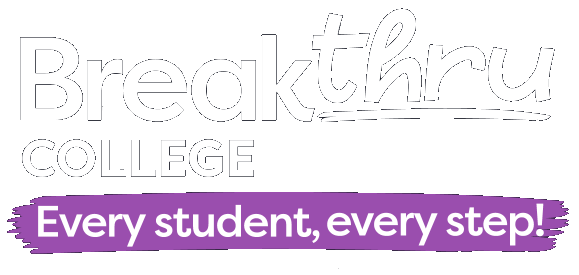Trauma can impact anyone and often shapes how people think, feel, and behave.
Understanding these effects is essential for providing safe, respectful, and effective support. Trauma-informed care equips staff to recognise trauma responses, respond in ways that reduce distress, and avoid re-traumatisation.
By embedding these principles, organisations create environments that are safer and more supportive for clients, while also fostering a compassionate and resilient workplace for staff.

Trauma is a psychological and emotional response to deeply distressing events such as abuse, violence, serious accidents, or natural disasters. Its long-term effects can significantly impact how individuals engage with services, communicate, and respond to everyday situations.
Understanding trauma is essential for any organisation that supports people in vulnerable circumstances. This training helps staff identify and appropriately respond to trauma-related behaviours, creating safer and more supportive environments for both clients and colleagues.
The course explores three key types of traumas and how to respond effectively to each:
This course is ideal for frontline staff across health, community services, disability support, aged care, youth work, education, and justice. It’s designed for teams who regularly engage with individuals affected by trauma.
No formal qualifications are required to enrol. The course is designed to be accessible to anyone working in a client-facing role.
Face-to-face training is available across select locations. Workshops can also be delivered onsite at your workplace for groups of 10 or more, making it easy to upskill your entire team in a familiar environment.
Please contact us to enquire about training availability in your area or to schedule an in-house session.
If you’d like more information prior to enrolling, please get in touch using the form below.

